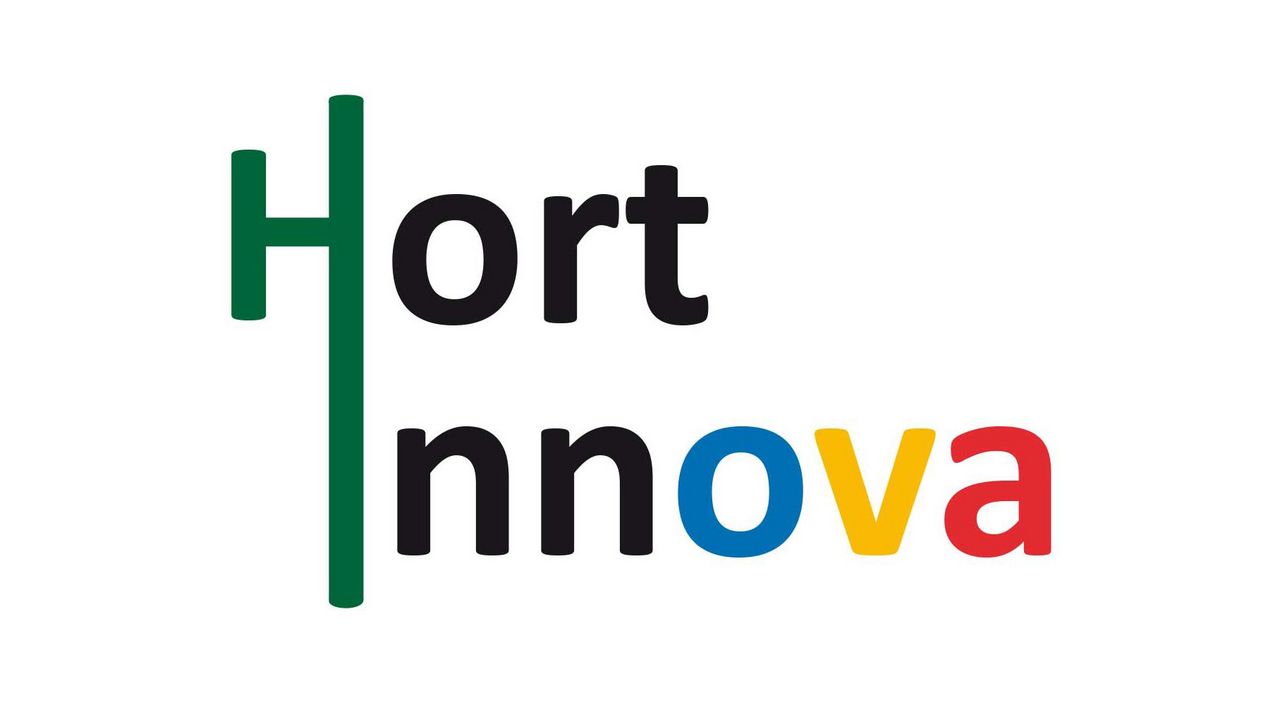Project
HortInnova: Reserach Strategy Horticulture

Reserach Strategy for Innovations in Horticulture
Automation, scarcity of resources and ever increasing international competition are current trends affecting horticulture. What problems and challenges arise for horticultural production from these developments? How can research contribute with solutions? In a series of workshops with stakeholders from horticultural value chains, these questions were discussed for a time horizon up to the year 2030.
Background and Objective
Long-term competitiveness of German horticulture can only be ensured with innovations that address current problems and increase efficiency in horticultural production.
The HortInnova project aimed at elaborating where innovations are most urgently needed and how innovations can be developed and supported. The project facilitated the process of developing a research strategy for sustainable competitiveness of the horticultural sector by scientists and other stakeholders from horticultural value chains.
Approach
A participatory approach was implemented consistently from the very beginning of the project. HortInnova started with a workshop for setting the main themes with broad participation of the sector stakeholders. Scientists, experts of horticultural enterprises and stakeholders of upstream and downstream industries jointly defined five strategic research fields. Subsequently, each of these were elaborated and specified in focused thematic expert workshops.
In addition, the HortInnova monitoring committee with stakeholders from horticultural sciences and professional horticultural organizations accompanied the project by critically questioning and discussing the workshop results and commenting on them. Complementary interviews with experts from research, production and industry were conducted to enhance the level of information and to critically reflect the workshop results.
Also, HortInnova analysed the national and international research funding landscape in order to identify opportunities for funding the research needs in horticulture as stated in the workshops.
Data and Methods
HortInnova provided a discussion platform for horticultural stakeholders. Therefore, the main element of the project was a series of workshops with representatives from horticultural value chains, different research disciplines and social organizations. The workshops were characterized by intensive discussions which mainly followed the World Café method and plenary sessions, to integrate the collective knowledge of the participants.
Results
In the course of the HortInnova topic workshop the following five research fields have been identified as being crucial for the future viability of horticulture in Germany (Publication to the project No. 11):
Research field 1
Understanding social demands and expectations as the basis to increase the value added of the horticultural sector (Publication to the project No. 8)
Research field 2
Innovative crop protection and breeding strategies for horticultural production systems (Publication to the project No. 9)
Research field 3
Adapting horticultural production systems to changing conditions and challenges (Publication to the project No. 1)
Research field 4
Sustainability and management in horticultural value chains (Publication to the project No. 2)
Research field 5
Urban Gardening – Future places for horticulture (Publication to the project No. 3)
The results of the research fields have been specified (publication to the project No. 4) as well as discussed and prioritized with stakeholders from horticulture and horticultural sciences at the HortInnova results workshop (publication to the project No. 5).
Subsequently, these results were transformed into a coherent strategy, taking into account framework conditions, future trends and important cross-cutting topics. As the result five HortInnova key research areas have been identified (publication to the project No. 6 and 7):
Horticulture 4.0 (automation, sensor technology, big data)
- effective use of extensive digital data in the horticultural context,
- development of sustainability-oriented production systems using sensor technology,
- reduction of physically heavy or repetitive work by means of automation and technical adaptations and
- developing decision support systems for farm and value chain management.
Horticulture as a resource-friendly circulatory system
- multi-use concepts to allow the repeated use of resources,
- cascade utilization of resources in order to use raw materials over several stages and
- development of recycling processes for the use of waste products as secondary raw materials.
Pesticide Free Horticulture
- gain insights into the biology of pathogens,
- development of monitoring and forecasting systems,
- generating or improving prophylactic plant protection measures and
- developing effective curative alternatives for synthetic, chemical pesticides.
Horticulture as a supplier of substances and raw materials
- identifying and analyzing innovative substances and raw materials,
- developing efficient production systems for the production of plants with such substances,
- adaptation of processing technologies and
- development of distribution channels for these new products.
Urban horticulture
- innovative concepts for expansion and maintenance of green infrastructure in urban areas,
- innovative types of cooperation of urban and social institutions to bring horticultural social innovations into the city and
- appropriate measurement and assessment methods for urban ecosystem services.
Thünen-Contact

Involved Thünen-Partners
Involved external Thünen-Partners
- WeGa e. V.
(Hannover, Osnabrück, Deutschland)
Duration
7.2015 - 6.2017
More Information
Project status:
finished
Publications to the project
- 0
Straeter C, Dirksmeyer W, Homeister H, Ludwig-Ohm S, Schmieder M, Ziegler A (2017) 3. Hortinnova-Expertenworkshop zum Forschungsfeld "Anpassung gartenbaulicher Produktionssysteme an sich ändernde Herausforderungen" : 15. und 16. Juni 2016 an der Universität Bonn am Campus Klein-Altendorf. Osnabrück: WeGa eV, 29 p
- 1
Ludwig-Ohm S, Dirksmeyer W, Homeister H, Schmieder M, Straeter C, Ziegler A (2017) 4. HortInnova-Expertenworkshop zum Forschungsfeld: "Nachhaltigkeit und Unternehmensführung in gartenbaulichen Wertschöpfungsketten" : 13. + 14. September 2016 an der Hochschule für Technik und Wirtschaft Dresden. Osnabrück: WeGa eV, 28 p
- 2
Straeter C, Dirksmeyer W, Homeister H, Ludwig-Ohm S, Schmieder M, Ziegler A (2017) 5. HortInnova-Expertenworkshop zum Forschungsfeld "Urbaner Gartenbau - Orte der Zukunft für den Gartenbau" : 08. und 09. November 2016 an der Hochschule Osnabrück. Osnabrück: WeGa eV, 25 p
- 3
Ludwig-Ohm S, Straeter C, Dirksmeyer W, Geyer M, Homeister H, Lampe I, Rath T, Schmieder M (2017) Entwurf: HortInnova-Forschungsstrategie. Bericht für den HortInnova-Ergebnisworkshop am 04. und 05. April 2017 an der Humboldt-Universität zu Berlin : BMEL-Entscheidungshilfevorhaben "Forschungsstrategie für Innovationen im Gartenbau (HortInnova)". Osnabrück: WeGa eV, 45 p
- 4
Schmieder M, Ludwig-Ohm S (2017) Ergebnisprotokoll des HortInnova-Ergebnisworkshops am 4. und 5. April 2017 an der Humboldt-Universität zu Berlin : BMEL-Entscheidungshilfevorhaben "Forschungsstrategie für Innovationen im Gartenbau (HortInnova)". Osnabrück: WeGa eV, 11 p






